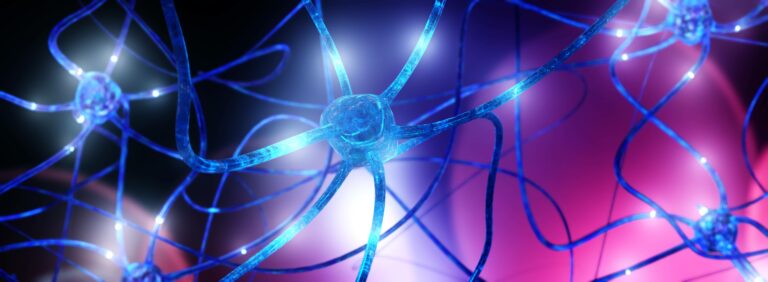It might seem like a normal part of aging – forgetting a name, misplacing keys, or struggling to remember a recent event. But for many people, these seemingly harmless lapses in memory could be an early sign of Alzheimer’s disease.
Alzheimer’s is a progressive brain disorder that affects over 5 million Americans and is the most common cause of dementia in older adults. It slowly destroys memory and thinking skills, eventually making it difficult to carry out daily tasks.
While there is no cure for Alzheimer’s, early detection is crucial in managing the disease and improving the quality of life for both patients and their families. That’s why understanding the early signs of Alzheimer’s is essential.
One of the earliest signs of Alzheimer’s is difficulty remembering newly learned information. This can manifest in forgetting recently acquired information, such as a conversation or an event that just occurred. Forgetting important dates, appointments or asking for the same information repeatedly are also common signs.
Another early warning sign is difficulty with problem-solving and planning. People with Alzheimer’s may struggle with tasks that require concentration and critical thinking, such as following a recipe or balancing a checkbook. They may also have trouble completing familiar tasks, like driving to a familiar location or playing a game they used to enjoy.
Changes in mood and behavior can also be an early indicator of Alzheimer’s. This may include shifts in personality, becoming easily agitated or suspicious, or withdrawing from social activities.
As the disease progresses, memory loss becomes more severe. People with Alzheimer’s may struggle to recall their own personal history, recognize family members and friends, and even have difficulty recognizing themselves in the mirror.
Other symptoms that may appear in later stages of Alzheimer’s include difficulty speaking, writing, and understanding language. They may also experience confusion and disorientation, getting lost in familiar places or having trouble remembering how to get home.
So why does Alzheimer’s cause these symptoms?
The disease primarily affects the hippocampus, a small part of the brain that plays a significant role in memory and learning. As Alzheimer’s progresses, it damages and destroys nerve cells, disrupting the brain’s communication and causing memory loss and other cognitive impairments.
While the exact cause of Alzheimer’s is still unknown, researchers believe that a combination of genetic, lifestyle, and environmental factors may contribute to its development. Age is also a significant risk factor, with the majority of cases occurring after the age of 65.
If you or a loved one are experiencing these early signs of Alzheimer’s, it’s essential to seek medical attention. Early diagnosis can lead to more effective treatment plans and help manage symptoms.
A doctor will perform a series of tests and evaluations to diagnose Alzheimer’s, including cognitive and memory screenings, medical history analysis, and imaging tests to assess brain function.
While there is no cure for Alzheimer’s, there are medications available that can help slow down the progression of the disease. These drugs can help manage symptoms and improve cognitive function.
In addition to medication, there are other ways to manage Alzheimer’s symptoms and improve overall well-being. Regular exercise, a healthy diet, and social engagement have shown to be beneficial in reducing symptoms and improving mood in people with Alzheimer’s.
The most important thing to remember is that an early diagnosis can make a significant difference in managing Alzheimer’s. If you or a loved one are experiencing any of these early signs, don’t ignore them – schedule a visit with a doctor for proper evaluation and care.





